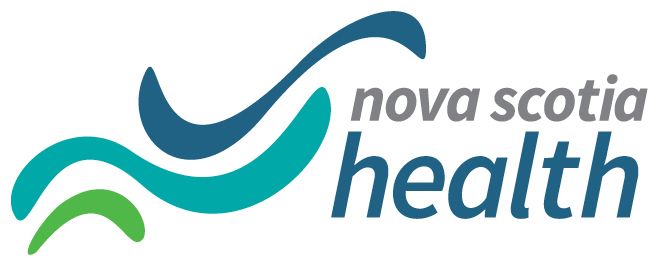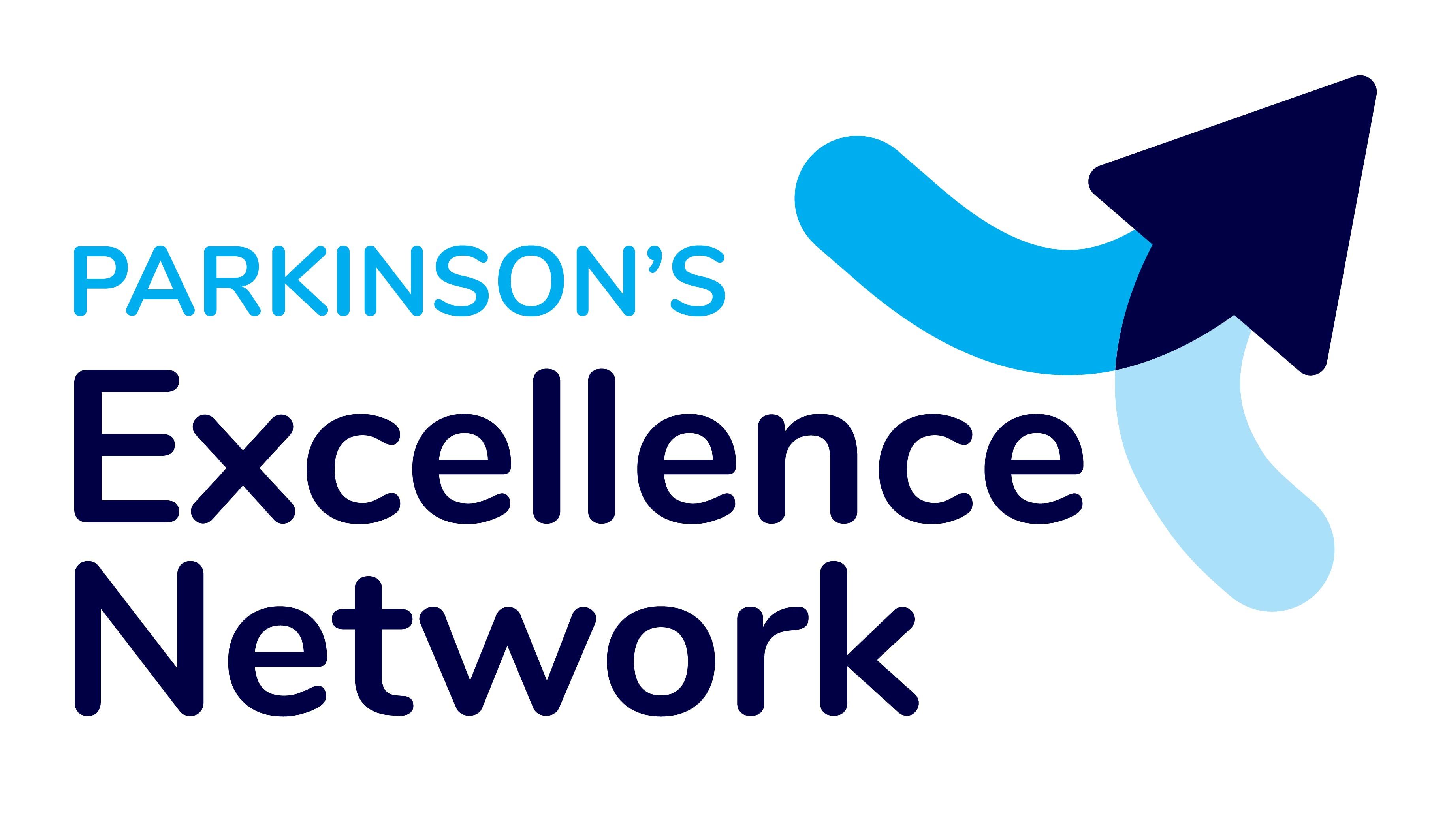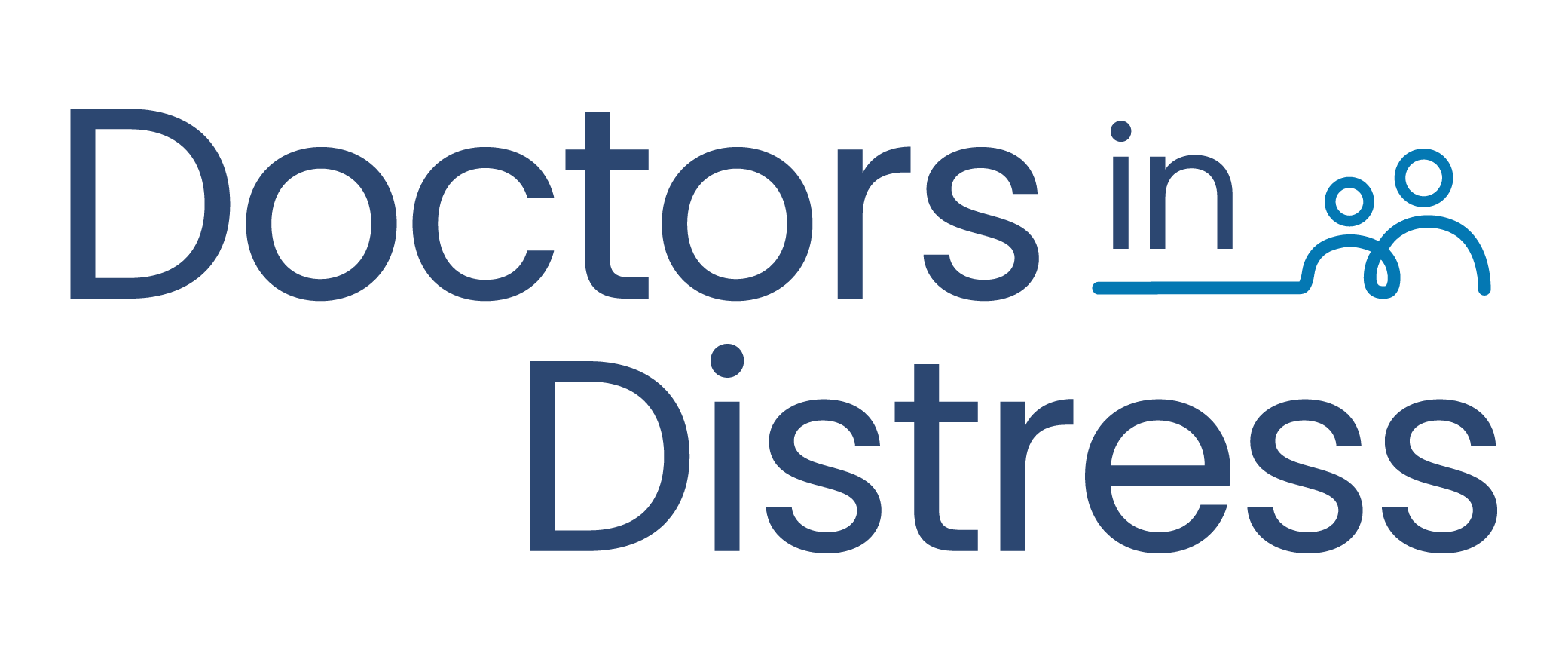
Latest News
Interview with Dr Farnaaz Sharief MBE: The Four Fs of Resilience
)
Fuel:
Fuel is basically around the nourishment that we give our bodies. It sounds very basic, but if you think about it, how often do people, especially when they are on shifts, or they are working long days, or they are busy, or there's emergencies coming through the door? How often do people actually have a meal whilst they are in the workplace? How often do they hydrate?
We forget about these basic things, but food and water are where we get our energy from. And if our source of energy is inadequate, then we are unlikely to have what we need to function as effectively as possible, which is what resilience is.
So, it is important to think about the quality and the quantity of food that we are eating. Again, there's so many different diets that you can think of, but as a general rule, they say that you know you're on the right track if you eat and drink what your great grandmother would have eaten and drunk, So the fruits, the vegetables, all the colourful stuff that grows from the ground and then three or four litres of water a day.
Re-fuel:
How you refuel is about sleep. That is how you recover from the challenges that you deal with on a daily basis, how you rest and the quality and the quantity of sleep we have, or we get has a direct impact on our ability to function. How many people working in health and social care have a good night's sleep? Not many. Most people I know, certainly when I have seen, when I have had workshops and things like that, people wake up in the middle of the night with bolts about work, whether they sign the prescriptions, done the blood finish, the discharge summaries. often when you wake up like that, it is the very difficult to get back to sleep.
There are so many people that scroll on their phones at night before going to bed, literally in bed, going through emails. Just let me just reply to this message or reply to this text. all of these things have an impact on how well you sleep.
There are quite a few studies that have been done that show that sleep deprivation leaves people vulnerable to lapses in attention. Some have reduced cognition; they have delayed reactions. Some even have mood shifts.
So, a key thing to think about is if you are feeling stressed, if you are feeling tired, one of the things to pay attention to is the quality and the quantity of sleep that you get. Something to thinks about it, avoiding anything too stimulation before you get to bed; your phones, violent TV programmes, arguments – they say you should never go to bed on an argument, when you had your last meal, how bright your room is. All of these things have an impact on how well you sleep. So, the tip here would be to allow your mind to slow down because it is going in 100 mph a day and then you cannot just stop and sleep. You have got to allow your mind to slow down and settle, preferably in an unstimulated, cool, dark environment just a few hours before bed. Really helps improve the quality of our sleep.
Form:
You may have noticed what happens to people when they get stressed, they tend to withdraw. So, what happens is we withdraw psychologically first and then the body follows. The mind withdraws psychologically because it does not want to be in a difficult place. Then the body follows. So, we tend to frown, our shoulders droop, we hunch over. In that position our energy does not flow freely, becomes very restricted, And the lower our energy is, the more restricted we become.
The opposite happens when you feel good. Have you noticed what you like when you are on holiday? You walk with a slight bounce, much happier, springing your step, shoulders back, your chins up. You walk in that position where you are ready to embrace whatever is around you.
A tip when it comes to form, if you want to shift from a low energy to a high energy state very quickly, change your form. the thing to do is put your feet on the ground. Make sure your spine is nice and straight, your palms are on your thighs, you know your shoulders are back, your chin is up. if you sit in this position, when you are having a difficult conversation, if you are having a challenging meeting, you know, if you are, it is something where you think, oh my God, I do not want to be here. If you do this automatically, then you are in a position to embrace and respond rather than run away or react to the challenge that you deal with.
Linked to form is the breath, and this is what I love. You can change the way in which you breathe in seconds. How do you breathe when you are angry? Poorly, it’s quite forced, fast, rapid. Compared to when you’re calm and relaxed, you’re probably not even aware of your breathing. When you sit down at the end of a 12-hour shift, you sigh, you breathe differently, and everybody does this. So, every emotion has a corresponding rhythm in the breath. What you can do is instead of allowing the emotion to change the rhythm of your breath, you get there first.
Follow these links to find a couple of breathing exercises that you can implement into your everyday routine.
Focus:
In a working environment, when you're in a crisis, what do you tend to focus on? most people tend to focus on the problem or the crisis of, you know, what's going wrong. So, when we focus on the challenges we face, we feel more demotivated, we can feel a bit more dispirited. The more this happens, the more it drains our energy from us.
A way around this is, if we apply what we've already talked about, first thing to do is change your form. Sit up, spine straight, palms on your thighs, shoulders back, chin up, Change the rhythm of your breath. That allows your mind and the emotion to calm down. The next thing to do is focus. Have a brain dump. Write down everything that you're worried about. Then the key thing is to circle what you can influence. The clarity on what you can realistically influence comes with a clear mind when you're in a better energy state. That's why it's so important to sit up and breathe just for a couple of minutes before you decide what you want to focus on, it might be something big, it might be something small. But once you focus on something you can influence, and you've accomplished that, that sense of achievement in itself really helps you feel better.
Those are the four things I would recommend you think about practising. Even if you pick one and practice it, practice it, practice it. Say you want to focus on your form. If you practice that regularly, you'll find that the other three will also happen, the more you are aware of the fact that you need to change how you are when you're in a crisis.
Farnaaz is a GP, an experienced Medical Director and DISC certified coach with extensive experience in working across organisational boundaries to empower individuals. She is also a Senior Fellow with the Faculty of Medical Leadership and Management. She understands system’s challenges, is passionate about building relationships, transforming teams, and keeping people focused, motivated and moving.
Her clinical acumen, leadership style and solution focused approach has strengthened clinical teams across health and care partnerships and established placed based clinical collaboratives built on mutual trust and respect.
Throughout her extensive career she has developed an in depth understanding of the challenges faced by clinical leaders and delivered a multi-award-winning resilience programme that has seen people improve their psychological well-being, build confidence, and enhance fulfilment in their job roles. This saw her feature on the Queen’s birthday honours list in 2018 and receive a British Citizens Award for healthcare at the House of Lords the year before.
To find out more about Dr Farnaaz Sharief MBE, you can connect with her here – Farnaaz Sharief






